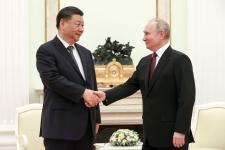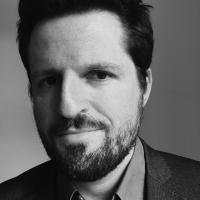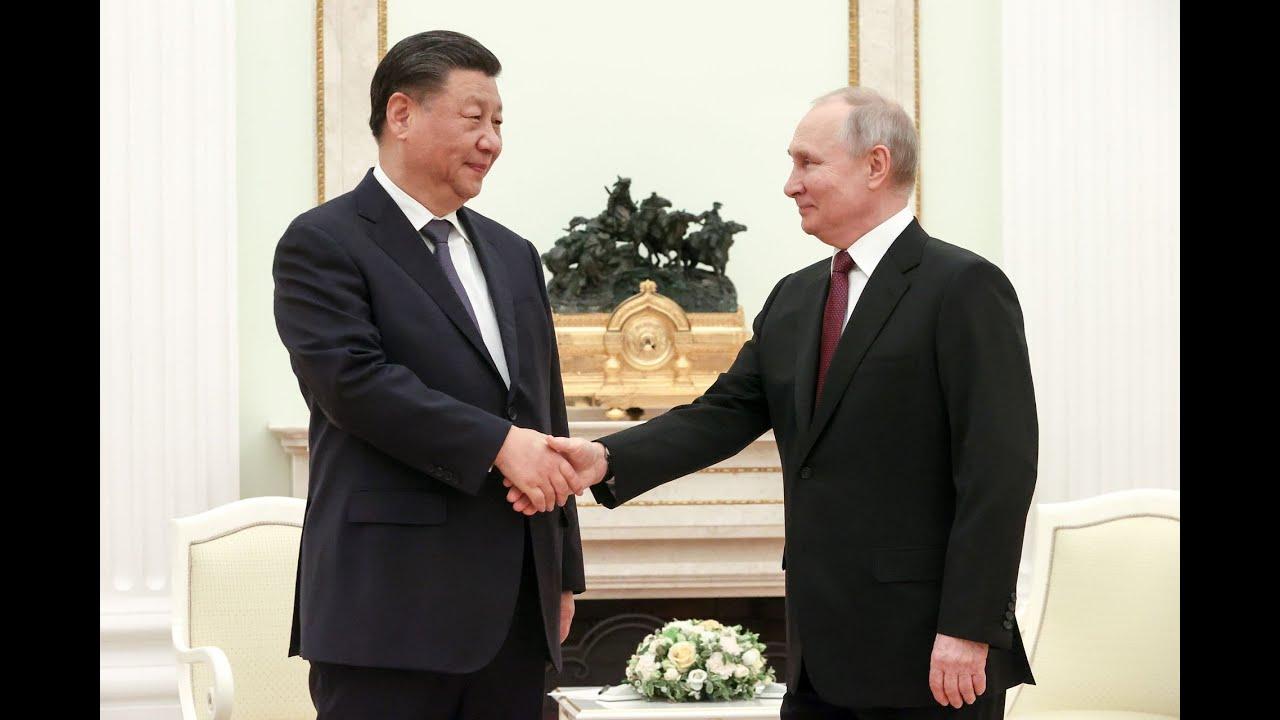Livestreaming
Seminar: Status and equality make rising powers more cooperative

On April 26th, DIIS hosted a seminar featuring assistant professor at the London School of Economics and Political Science, Dr. Rohan Mukherjee, who discussed his new book, Ascending Order: Rising Powers and the Politics of Status in International Institutions, published in autumn 2022 by Cambridge University Press.
The seminar explored the conflicting views of rising powers such as China and India and established world powers such as the US and the EU towards the war in Ukraine, and what this tells us about the future of international order.
Whereas the US and Western Europe have imposed heavy sanctions on Russia and explicitly demand that Russia end the invasion, the positions of the Global South and rising powers like China and India have been far less categorical.
In their view, the West has often ignored conflicts in the Global South unless it is in the West’s interest. Similarly, the Global South should not be obliged to pay special attention to what is essentially a European conflict.
Rising powers want status
Rohan Mukherjee’s research shows that whether rising powers challenge or support international order depends heavily on whether they’re given the status and recognition they feel they deserve in existing institutions.
His historical analysis of rising powers – the US in the mid-1800s, Japan between World Wars and India during the Cold War - shows that the more status and equality rising powers get in international order the more cooperative they are.
China and India both say they will not support a world order that does not treat them as equals of great powers such as the US and its Western allies.
And both China and India demand a greater say in international institutions like UN Security Council, the IMF and the World Bank.
According to Dr. Mukherjee, ways forward to improve international stability could be to reform institutions such as the UN Security Council to include rising powers such as India and Brazil. He also emphasized the need to address the Global South’s deep skepticism towards the Western world order.
To learn more about these issues read a series of DIIS comments about the Indo Pacific. Or visit DIIS library to get Dr. Mukherjee’s book.
Follow Dr. Mukherjee on Twitter at @rohan_mukh
Speakers
Dr. Rohan Mukherjee, Assistant Professor, Department of International Relations, London School of Economics and Political Science
Luke Patey, Senior Researcher, DIIS - Danish Institute for International Studies
Recorded Thursday 27 April 2023, 08.30-09.30 DIIS ∙ Danish Institute for International Studies
Sign up
DIIS Experts



